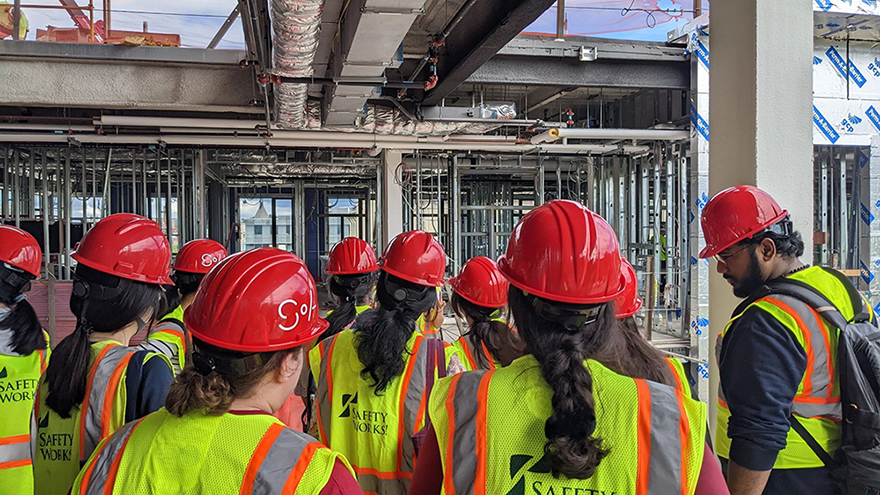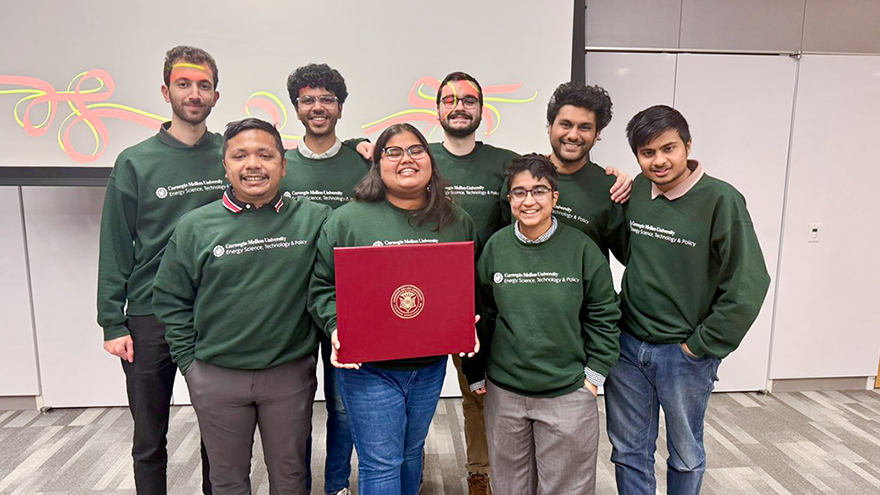The Master of Science and Ph.D. in Architecture, Engineering, and Construction Management (AECM) programs are jointly offered by the School of Architecture and the Department of Civil and Environmental Engineering.
The AECM programs prepare building-delivery professionals for careers in capital project delivery, dealing with the entire life cycle of capital projects, from pre-design to design, construction, commissioning, operation, and maintenance stages. It focuses on the integration of design and technology, particularly advanced information systems, as a means of both improving building performance and enhancing environmental sustainability.
Graduates of the AECM programs are educated to become effective decision-makers who can positively impact the economic, environmental, and ethical aspects of the built environment through professional management strategies.Graduates have successful careers in government, industry, business, real estate, and NGO (non-governmental organization) sectors, prospering in positions where design professionals continuously make large-scale capital project design, construction, and operations decisions. Graduates of the program have specific position titles, including Real Estate Developer, Project Manager, Construction Manager, Facility Manager, Code Inspector, and Plan Reviewer.





